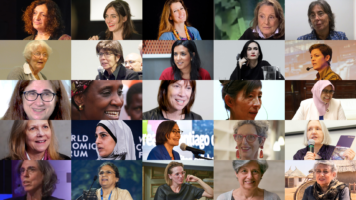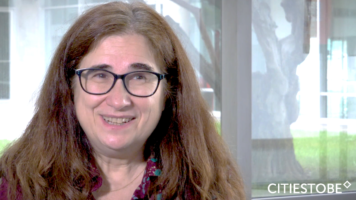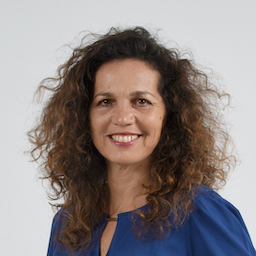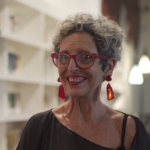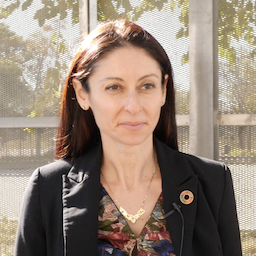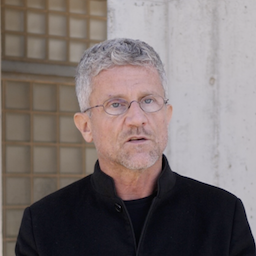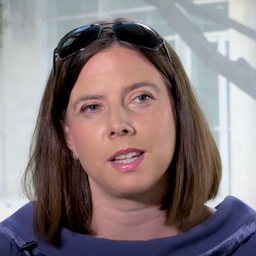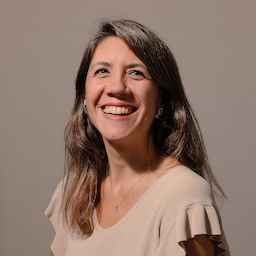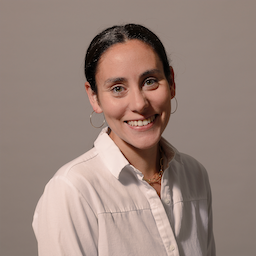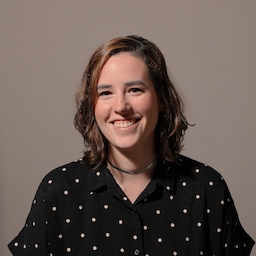Martha Thorne: «Public space has to enable the idea of community»
By | 2021
Cities are diverse and complex continuums in whose planning and growth different actors interact. Architects are one of them, having a defining role in imagining the spaces and buildings that make our cities physically. In that regard, Martha Thorne — Dean of Madrid-based IE School of Architecture and Design and Advisor to the world-renowned Pritzker Architecture Prize — points out sustainability as a key and absolutely necessary element for current architecture to contribute to greener and decarbonized urban fabrics. «Global warming will not be remediated in any sense of the word unless architecture is sustainable», she argues.
However, sustainability is multidimensional. It is essential that present and future architecture meets optimal environmental criteria, but also that it takes into account its links with the space in which it occurs, that it culturally and socially enhances the urban fabric and, ultimately, improves the life of the community who will use it. The Pritzker Architecture Prize — of which Martha Thorne was Executive Director until March 2021 — has been considering this trend for years, with laureates such as Glenn Murcutt (2002), Shigeru Ban (2014), Frei Otto (2015), or Alejandro Aravena (2016) having been rewarded by their social impact and their orientation towards community sustainability. «I’m hopeful that in the future, the discussion about what is sustainable and how it can be extended will be even more relevant», Martha Thorne adds.
Focusing on the future of public space and how architecture can help build better, more inclusive and human-friendlier ones, Martha Thorne is clear: hybridization is the word. «Public space needs to be able to enable many types of behaviors and embrace many types of public. We can’t have just a playground for children, an area for resting, another area for other activities — we have to see public space as a space for multiple and compatible activities that change throughout the course of the day, as a space that enables the idea of community», she points out. «Having open spaces within the city can certainly make it much more humane, and hopefully people will be happier», Thorne concludes.
Interview, text and edition by Sergio García i Rodríguez,
Communications Manager at Anteverti & CitiesToBe Executive Editor
Video by Eloy Calvo
💭🏗️ The future of #PublicSpace is hybrid, enabling many types of behaviors, public and activities in a same place. Learn more on #architecture and the future of cities with @Martha_Thorne, Advisor to the @PritzkerPrize | via #CitiesToBe & @Anteverti Clic para tuitear
Looking for more?
Follow us on Twitter and LinkedIn and subscribe to our Cities To Be newlsetter here: www.citiestobe.com/newsletter
About the authors
Martha Thorne is Dean of Madrid-based IE School of Architecture and Design. From 2005 until 2021, she has served as the Executive Director of the Pritzker Architecture Prize, popularly known as the “Nobel Prize for Architecture”, an organization with which she now collaborates as Advisor. Her interests have always focused on international contemporary architecture, cities in evolution and changes in the role of the architect.
Prior to joining IE University she was Associate Curator of the Department of Architecture at The Art Institute of Chicago. During her tenure at the museum, her responsibilities involved curating many exhibitions, developing publications, and participating in the ground-breaking study on collecting, archiving, and exhibiting digitally created design materials. She is the co-author of the books Masterpieces of Chicago Architecture and Skyscrapers: The New Millennium, editor and author for The Pritzker Architecture Prize: The First Twenty Years, and author of numerous articles for architectural journals and encyclopedias.
Martha Thorne received a Master of City Planning degree from the University of Pennsylvania and a Bachelor of Arts degree in Urban Affairs from the State University of New York at Buffalo. She undertook additional studies at the London School of Economics. She currently serves on an international jury for the award, ArcVision: Women and Architecture, a prize honouring outstanding women architects. She also lectures and assists with international architectural competitions.






